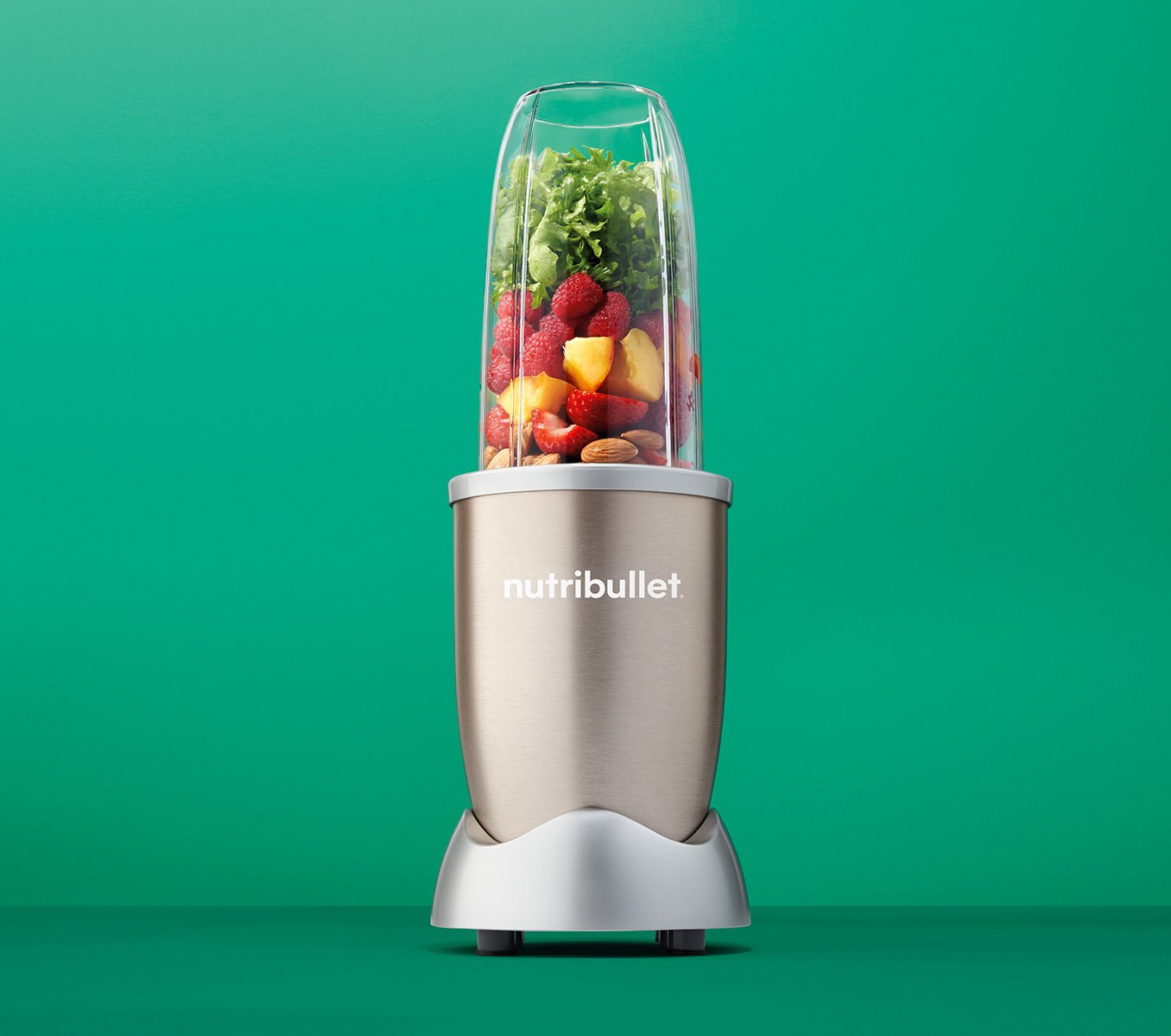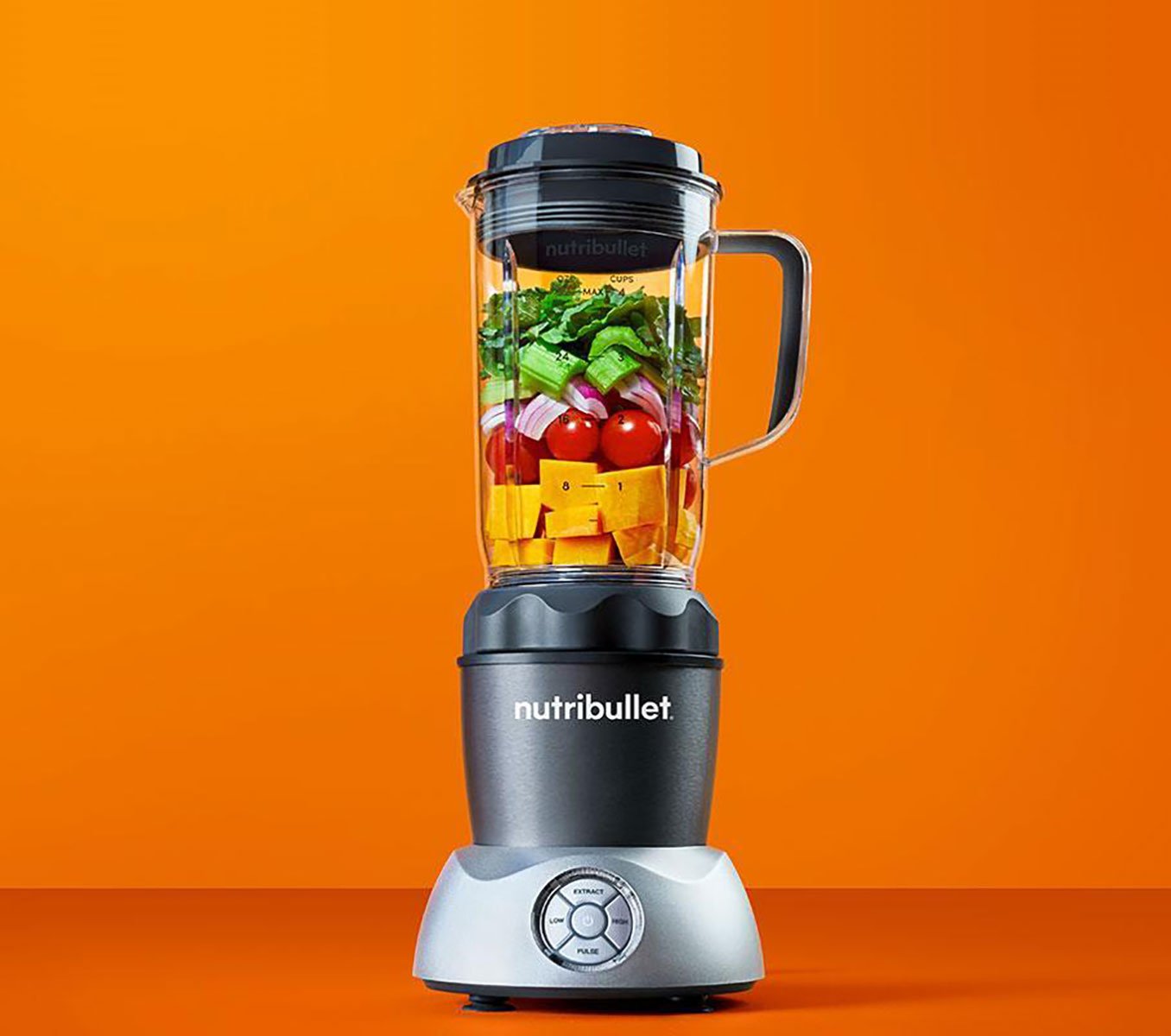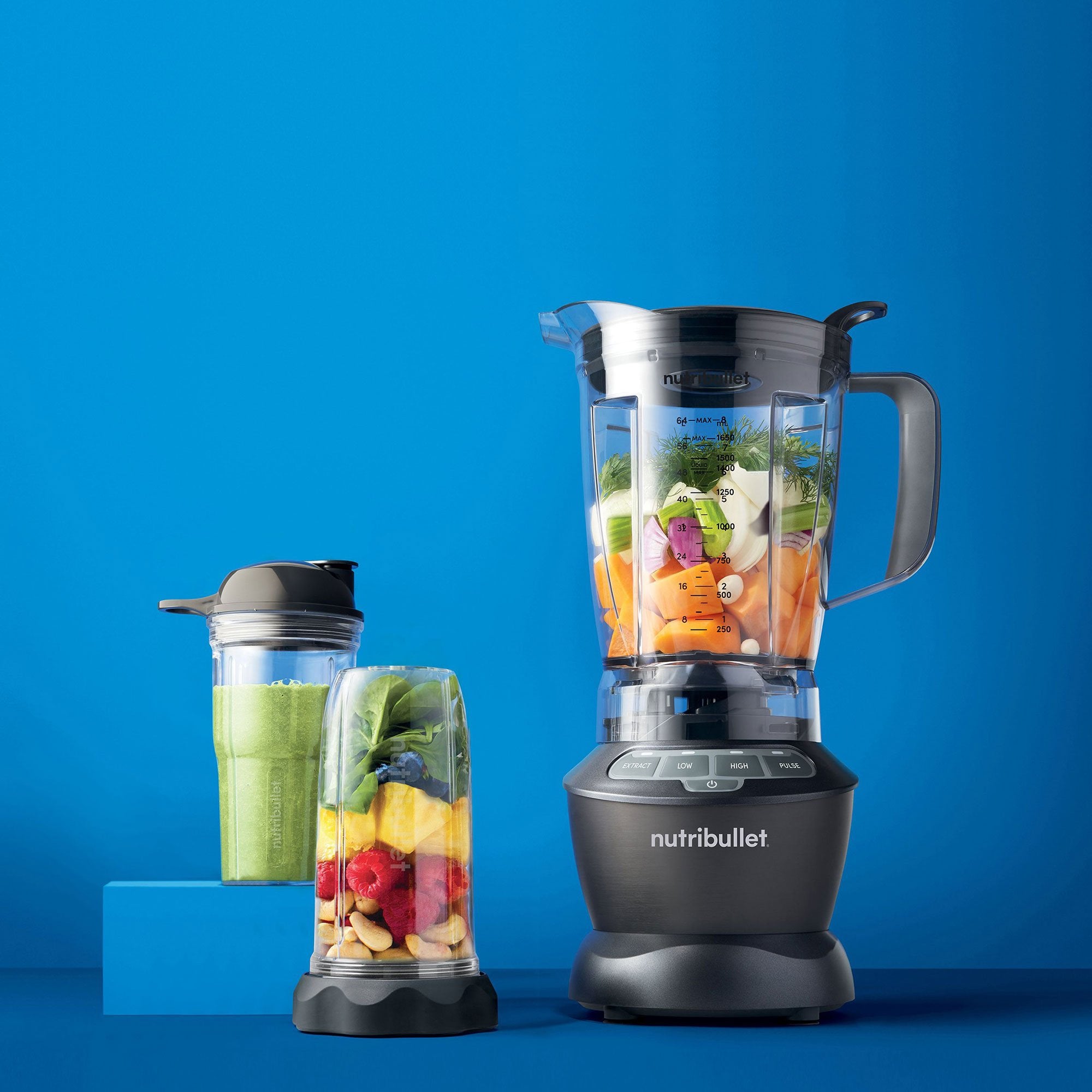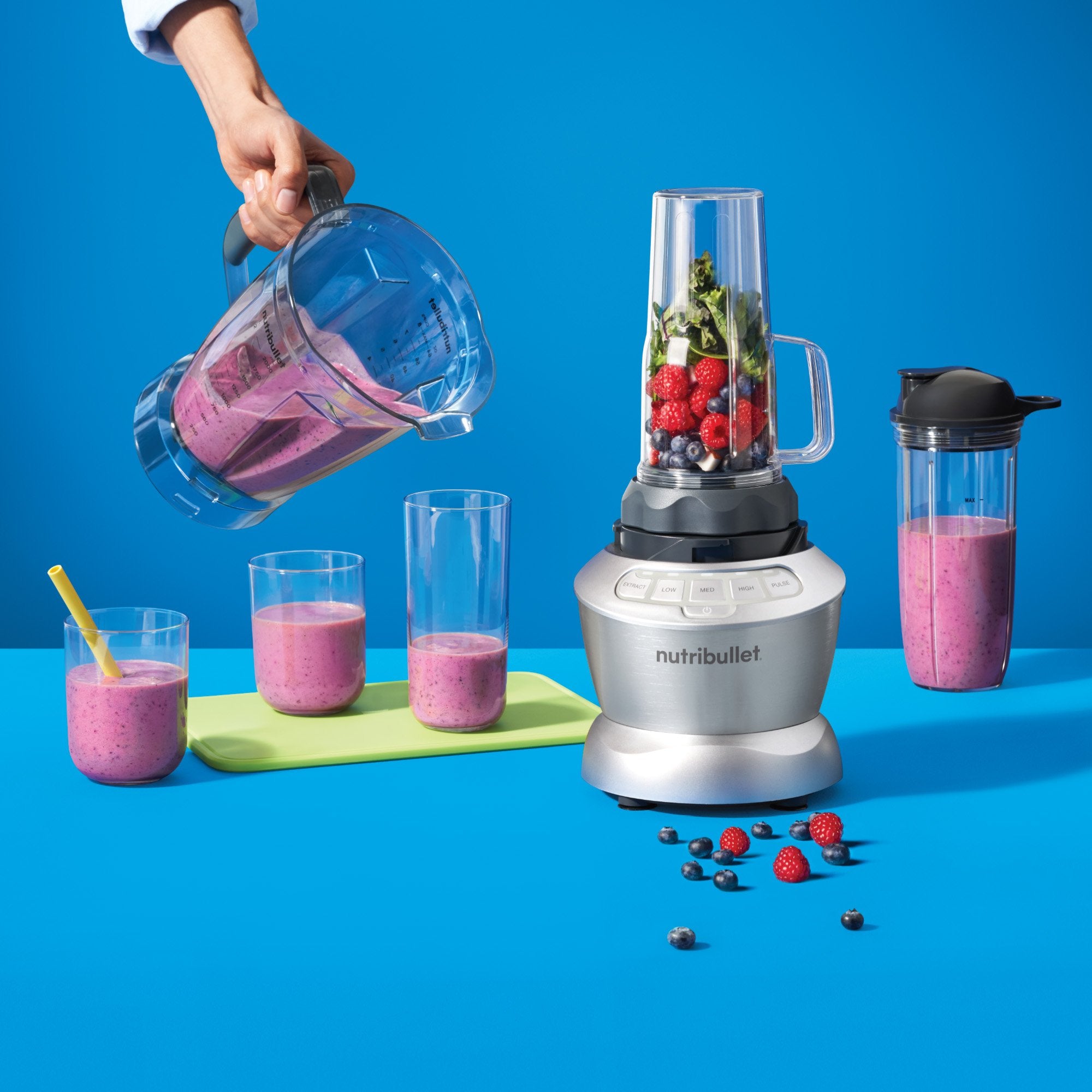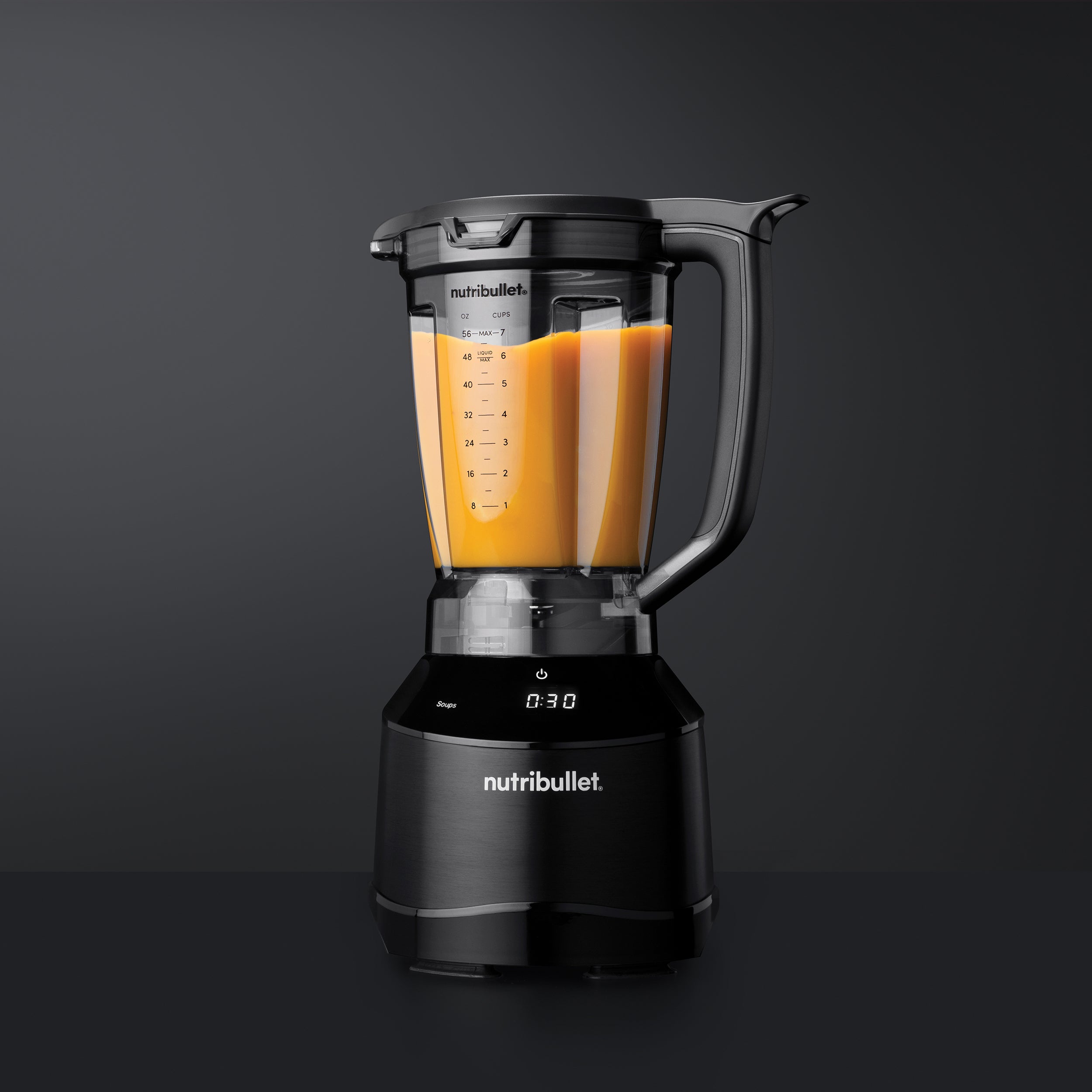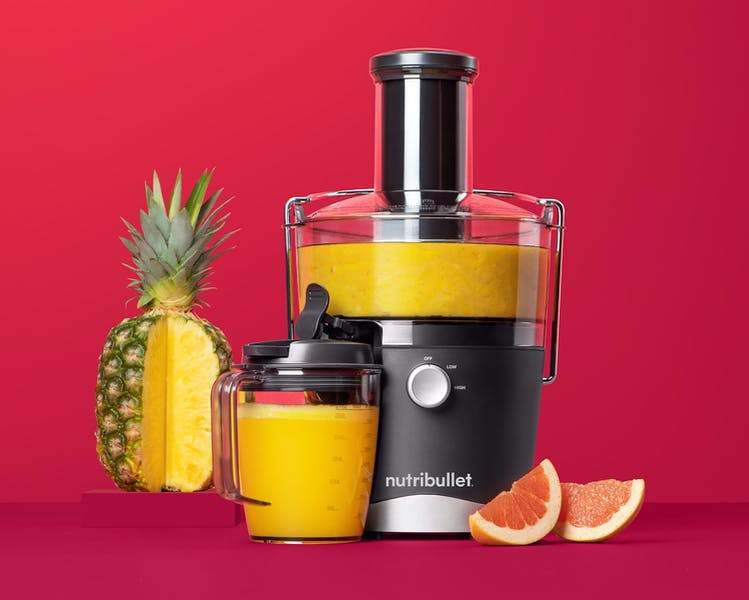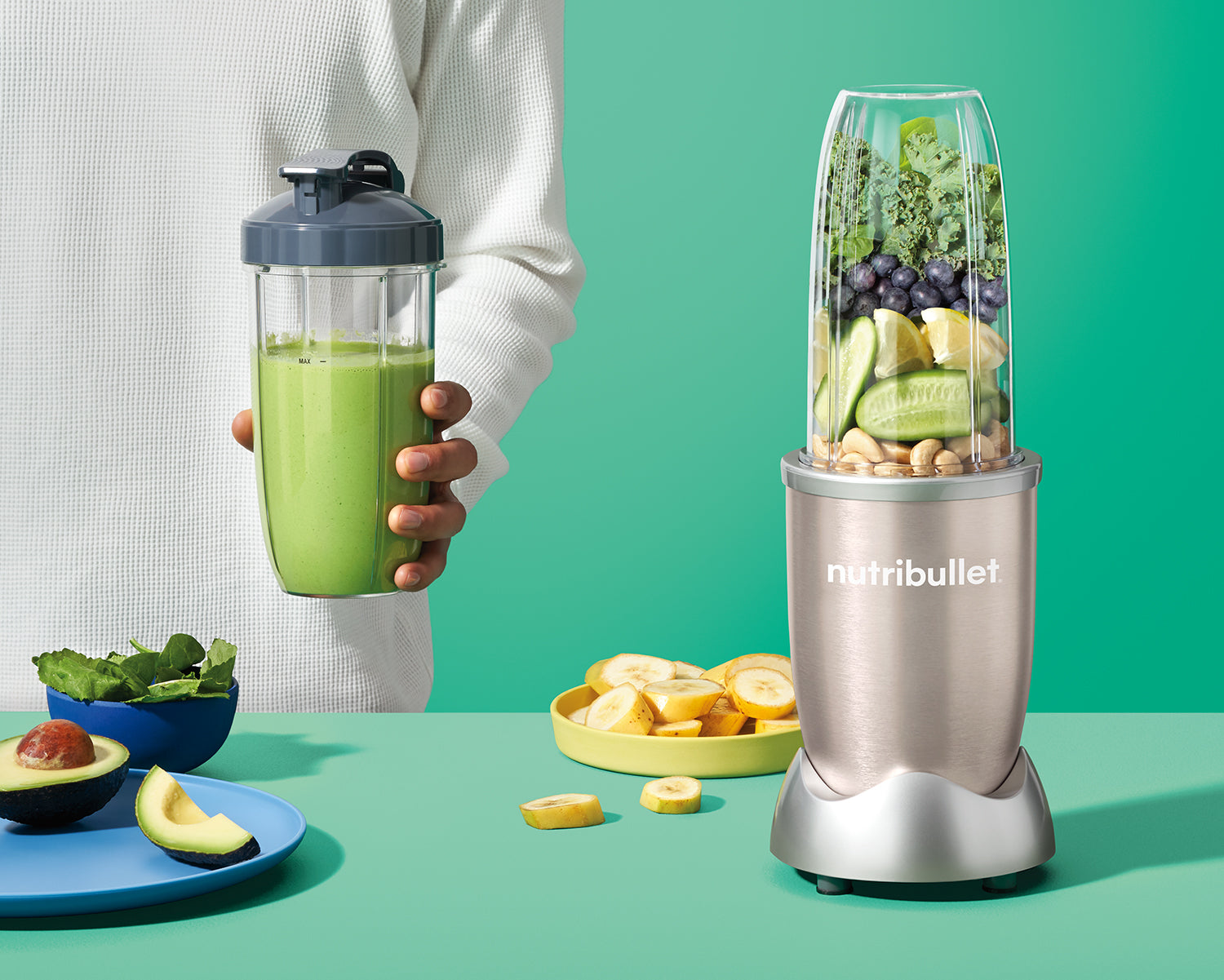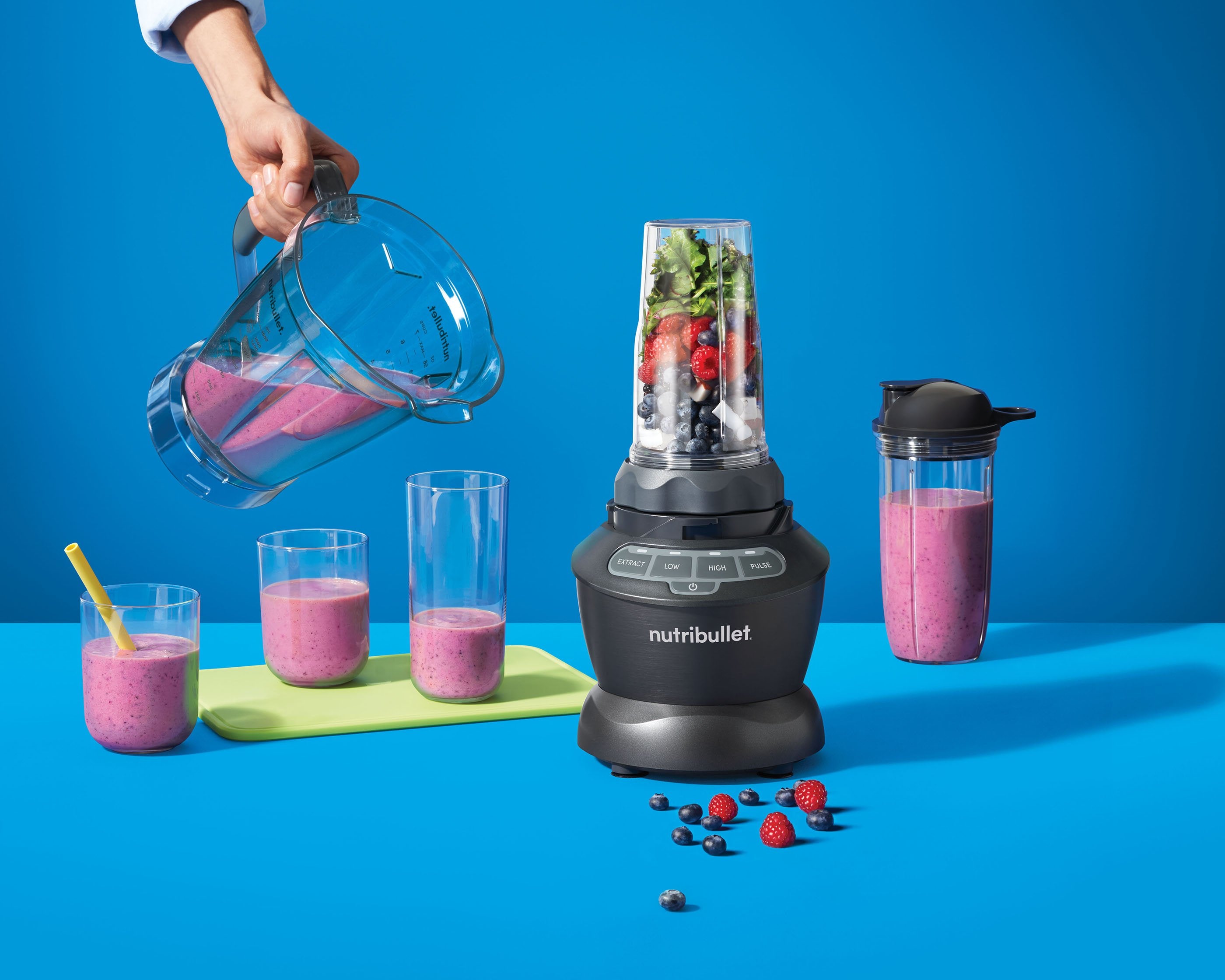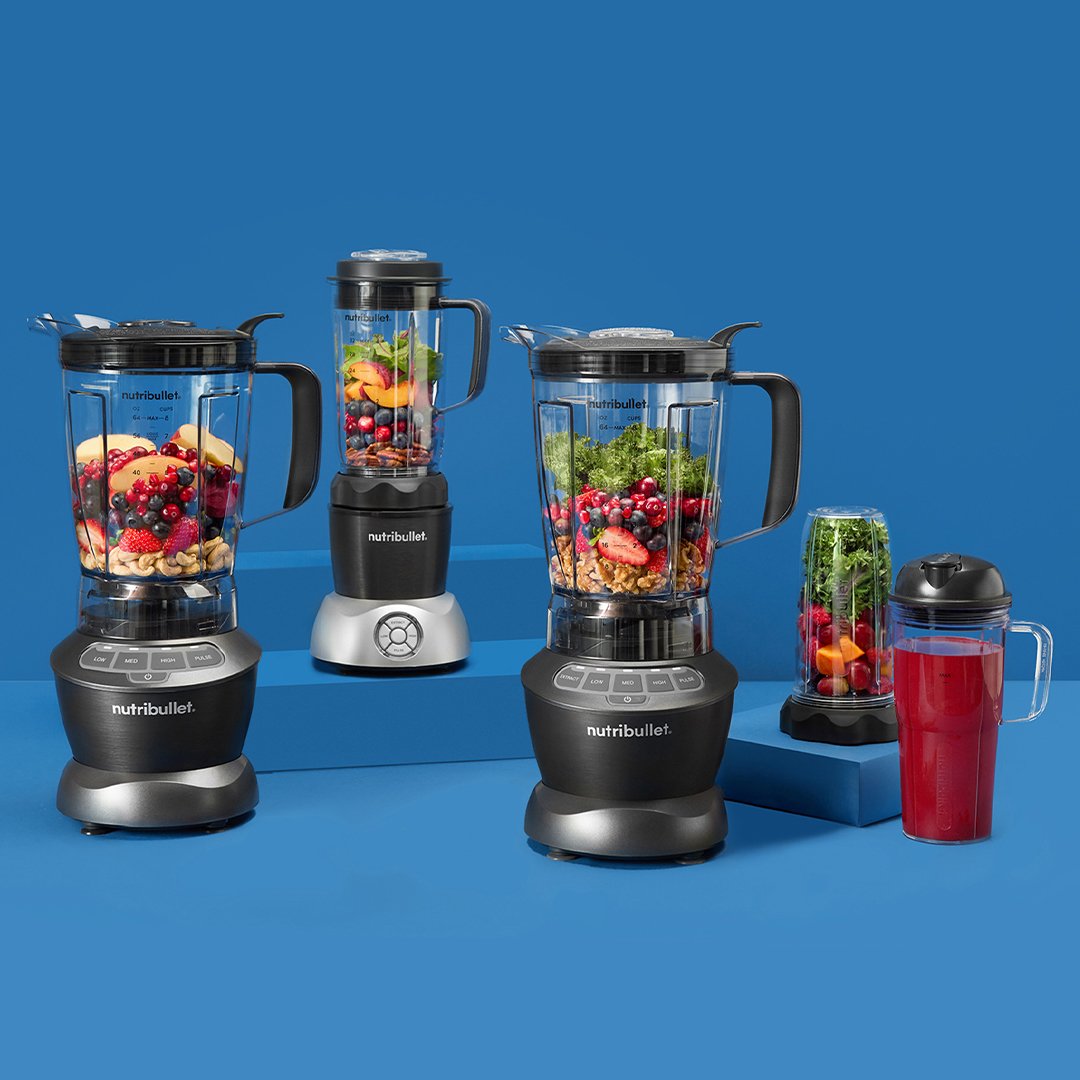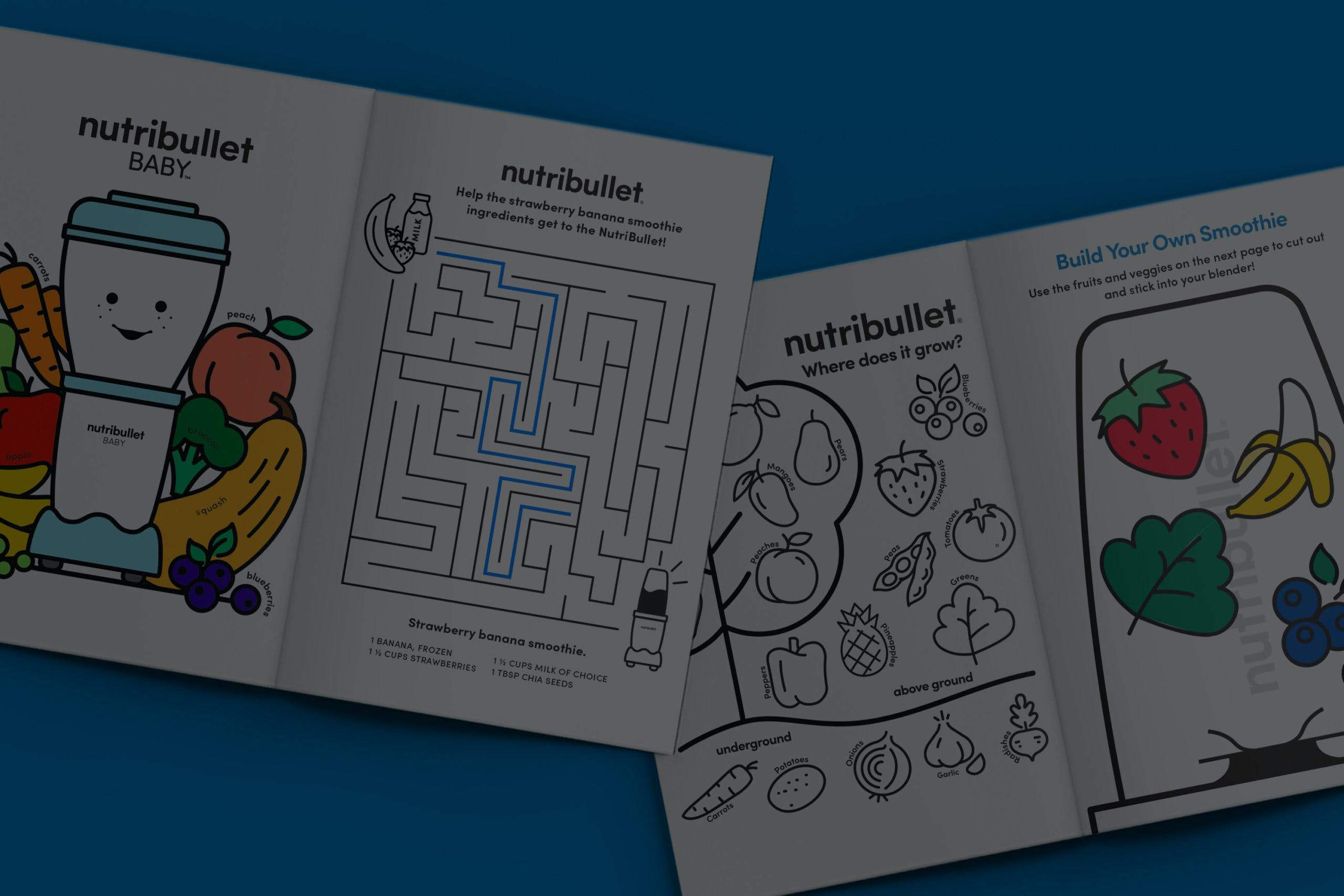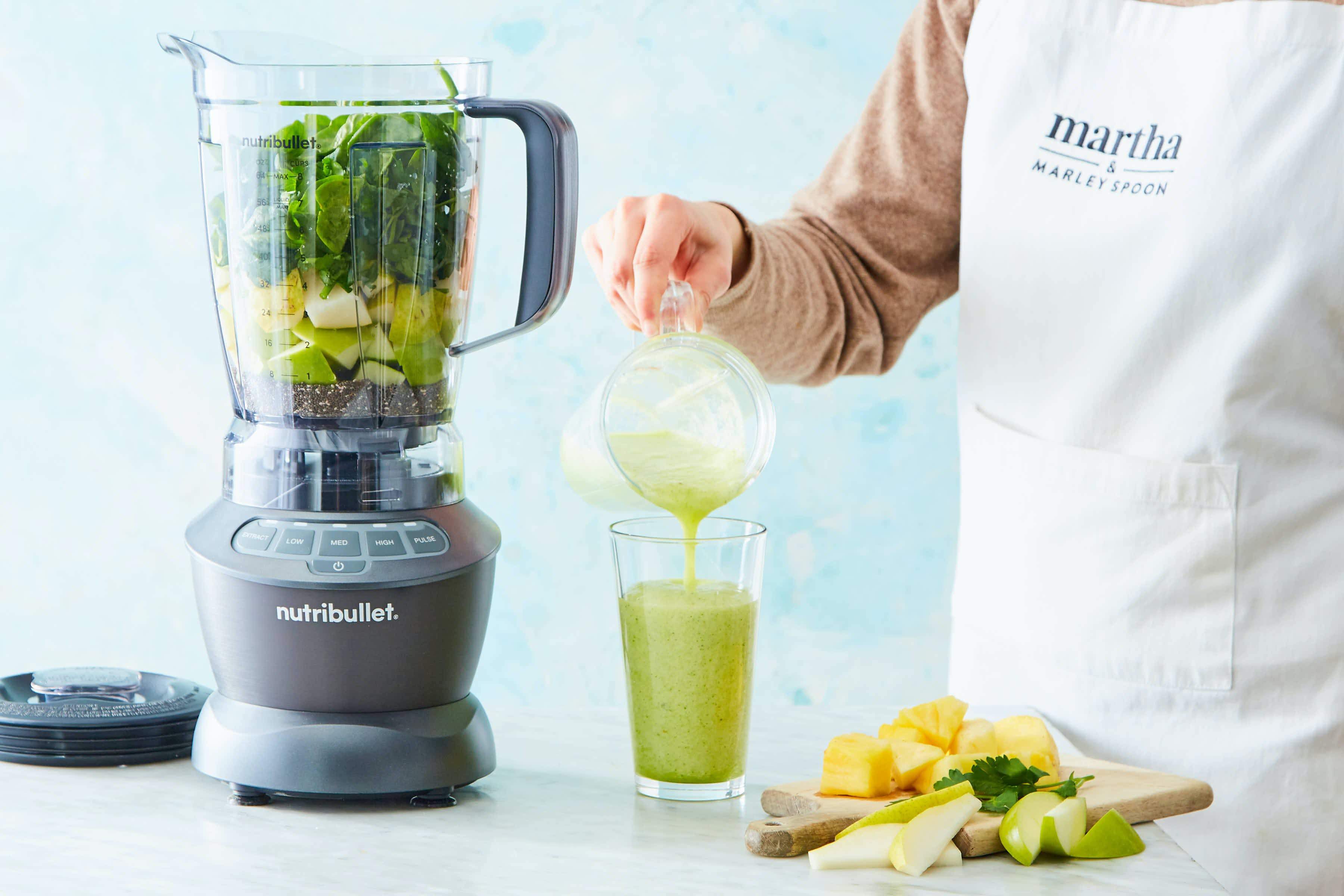The promise of improved speed, strength, endurance, and agility, along with increased muscle mass, are often too tempting to turn down. That, combined with a young athlete’s naiveté and a lack of nutrition education, creates the perfect target for supplement companies. Many young athletes in high school and college have the propensity to buy into the “quick fix” performance-enhancing marketing tactics. While some supplements help improve performance, others aren’t beneficial at all – and some can even be harmful.
Supplement use in competitive youth sports has always been commonplace. Athletes tend to have more nutritional needs and greater levels of physical activity than their non-athletic peers, so they require higher metabolic support. A well-planned and balanced whole food diet can usually support these demands, but young athletes often have busy schedules and spend a lot of time away from home, encouraging them to turn to supplement usage.
A 2016 study found that there may be a link between supplement use and self-confidence among young athletes. In this particular study, 100 competitive football players between the ages of 20 and 30 were given surveys. The first was to determine the popularity of various dietary supplements. The other, the General Self-Efficacy Scale (GSES), was used to measure the level of self-efficacy.
The results showed that the most popular supplements were sports drinks, vitamin and mineral supplements, and protein concentrate powders. Less popular supplements include caffeine, guarana, glucosamine, BCCA amino acids, creatine, carbohydrate concentrates, and omega-3 fatty acids.
When researchers analyzed the connection between the popularity of performance enhancing supplements and self-efficacy, they found that athletes who showed lower levels of self-esteem used significantly more multivitamin supplements than those with higher self-esteem. The popularity of other dietary supplements varied depending on the general self-efficacy levels of the athletes. While further studies are needed to support these findings, it’s important to focus on self-confidence when working with athletes, with or without the use of supplements.
Whether you’re a parent, a coach, or an athlete, educate yourself on healthy, balanced eating and start building self-esteem before turning to sports enhancing supplements. Remember that the supplement industry is unregulated and that the right tools and knowledge can be more effective in boosting self-confidence and improving performance. With the right mindset, perhaps there won’t even be a need for supplements.
Nutritional information
Recipe: Creamy Green Strawberry Dream Serving in this recipe:1
- Calories: 236.6
- Total Fat: 3.6 g 5.5%
- Saturated Fat: 0.4 g 1.9%
- Cholesterol: 0 mg 0%
- Sodium: 358.7 mg 14.9%
- Total Carbs: 45.7 g 15.2%
- Dietary Fiber: 9.9 g 39.4%
- Sugar: 22.1 g
- Protein: 8.1 g 16.2%
- Vitamin A: 481.9% Vitamin C: 244.1%
- Calcium: 68.5% Iron: 26.1%
* Percent Daily Values are based on a 2,000 calorie diet. Your daily values may be higher or lower depending on your calorie needs.

